King Abdullah tours western capitals as Washington draws post-conflict scenarios
Live updates: Follow the latest news on Israel-Gaza
Jordanian businessman Marwan Al Amjad had to cancel lunch last week with potential clients at a farm retreat he owns near the border with Israel.
Security forces erected road blocks in the area to prevent people from demonstrating after Friday prayers against the Israeli invasion of Gaza. Cars that headed there from Amman were turned back.
“They would have let me through because they know me. But I was not sure about my guests,” says Mr Al Amjad.
His property is in the Jordan Valley, part of the almost-500km border between Jordan and Israel.
Given the long border, the impact of the invasion of Gaza on Jordan is closely watched in Israel, and in Washington, where the war has promoted interest in reviving talks on a two-state solution to the decades-old Palestinian-Israeli struggle.
Official statements in Jordan have echoed popular anger at the invasion, which was prompted by an attack on October 7 by Hamas, a militant group supported by Iran, on southern Israel.
The attack killed 1,200 people, mostly civilians. Palestinian officials say almost 29,000 people have been killed in Gaza since then.
Authorities in Amman have also allowed donations for aid to the enclave, which has been ruled by Hamas since 2007. Some demonstrations have been allowed, but not near American interests or close to the border.
It is a continuation of a balancing act for Amman between maintaining external alliances and assuaging the population in relation to the conflict in Palestine, which has marked politics in Jordan since it was founded as British protectorate in 1921.
A large proportion of the population are of Palestinian origin, descendants of refugees from waves of displacement in 1948 and 1967. Anger at the killings in Gaza, however, is widely shared with the rest of the population.
They mostly comprise members of tribes who were present when Jordan was carved out from the remnants of the Ottoman Empire, and who now underpin the security forces and the bureaucracy.
One notable demonstration on Friday was called by the Muslim Brotherhood, the pan-Arab, politico-religious organisation that spawned Hamas in the 1980s.
Unlike in most other Arab countries, the Muslim Brotherhood is tolerated in Jordan.
Official media has been portraying Hamas as a legitimate resistance movement, although the authorities deemed its leadership a security threat in 1999 and expelled them to Syria, while maintaining channels with senior figures in the group.
Behind the scenes, the authorities “are not discounting that Hamas has set itself up for defeat in Gaza”, says a high-level source in Amman.
“Jordan cannot afford to be left out if America gets its way after the war,” says the source, who is briefed regularly by senior Jordanian officials on the war.
Average income in the kingdom is $4,300, about 8 per cent that of Israel’s. The two countries signed a peace treaty in 1994. Israel supplies the kingdom with its gas, and large amounts of its water. The kingdom is also dependent on Washington for aid, and for its security.



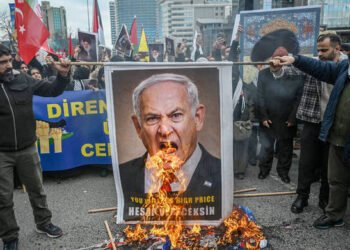
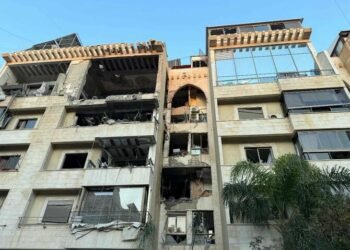
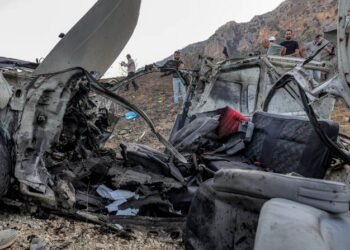

 United Arab Emirates Dirham Exchange Rate
United Arab Emirates Dirham Exchange Rate

